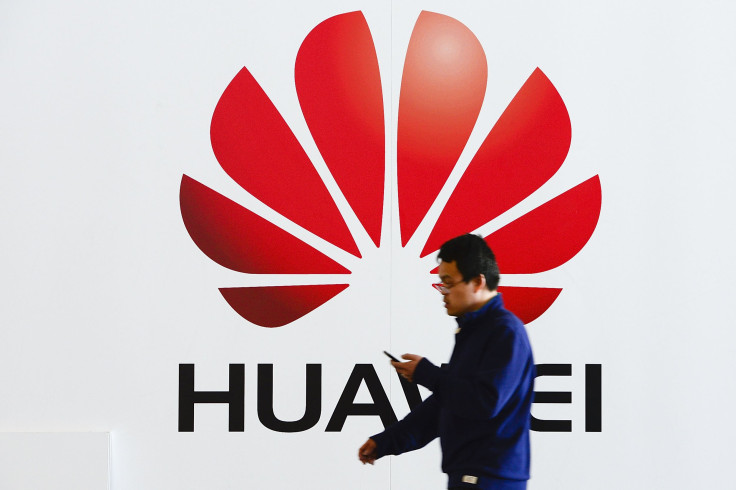China’s Porn Crackdown: Domestic Cloud Services The Latest Victim

Various cloud storage services in China, including those operated by Huawei and Alibaba, are closing down — at least partially — as the government widens its crackdown on online content it considers inappropriate. The “cleanup” of the internet can be seen as a part of President Xi Jinping’s wider moral campaign — including tackling corruption within the country’s sprawling administration, which has already seen a number of big names taken down.
Telecommunications giant Huawei became the latest company Wednesday to announce the closure of its cloud storage service. It will close its DBank service, deleting all stored data, on July 1 to cooperate with “relevant authorities to clean up pornography and piracy that are spreading on the cloud services,” the Global Times reported Friday.
DBank is the sixth company to close or reduce operations after the National Office Against Pornographic and Illegal Publications launched a campaign in March “to address the emerging practice of sharing and hosting pornography via cloud storage services.”
The government agency released details in March of cases where individuals uploaded pornography to their cloud storage accounts, and then sold the accounts to others.
Alibaba, which operates the still-running UC cloud service, was the first one to announce, in March, that it would close the service entirely, but has not specified a date. Sina and Xunlei, which operate Vdisk and KuaiPan storage services respectively, also announced closure of free accounts of individual users from June 30.
International cloud storage services, such as Google Drive and Dropbox, have been blocked in China for long, and Apple’s iTunes and Walt Disney’s DisneyLife services were closed in March. In January, the government also took down multiple online streaming shows “for being vulgar, violent or superstitious,” the South China Morning Post reported.
“Internet companies only provide the technology to build cyberspaces for online storage, but in the end, these spaces belong to China’s online territory and, hence, fall within the government’s jurisdiction,” Qin An, a cyber security expert at the China Institute for Innovation and Development Strategy, told the Global Times.
Pornography is illegal in China, and sometimes, the word is used to refer to things the government finds objectionable, even if it had nothing to do with pornography, such as critical political commentary.
A judge in Fangshan district, near Beijing, ruled earlier this week that releasing private photographs and videos that show sexual acts on the internet could be punished by courts for being insulting or slanderous under section 246 of China’s penal code. The report in the Paper, a Chinese daily, gave examples of some cases of “revenge porn,” where a jilted former lover posted explicit content online after the relationship ended.
© Copyright IBTimes 2025. All rights reserved.





















